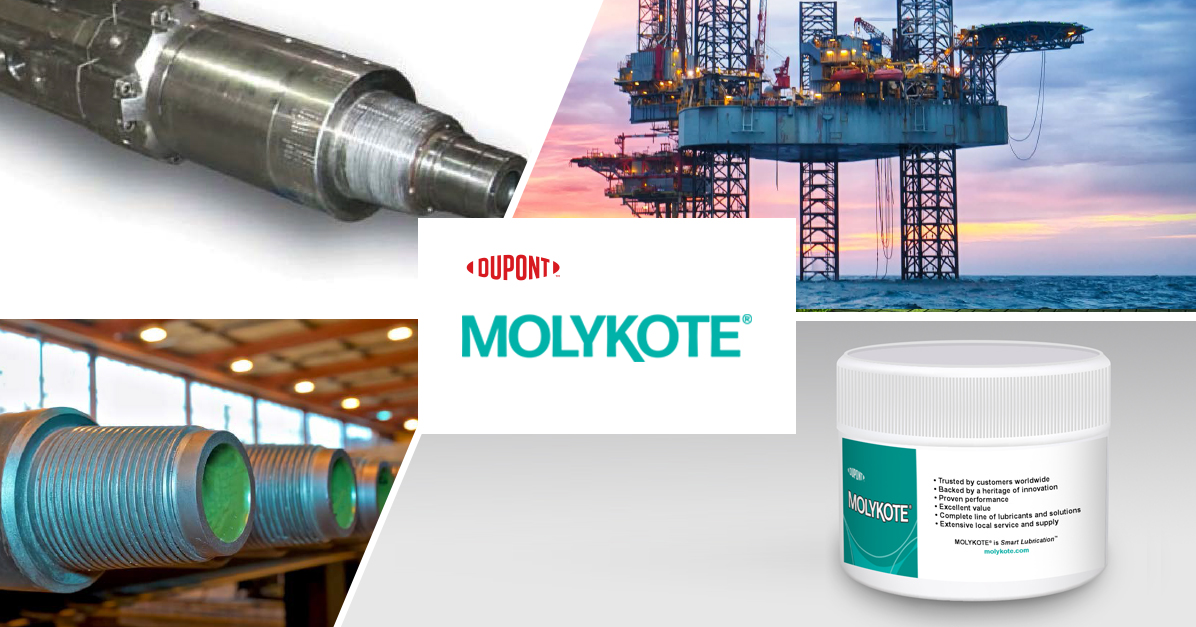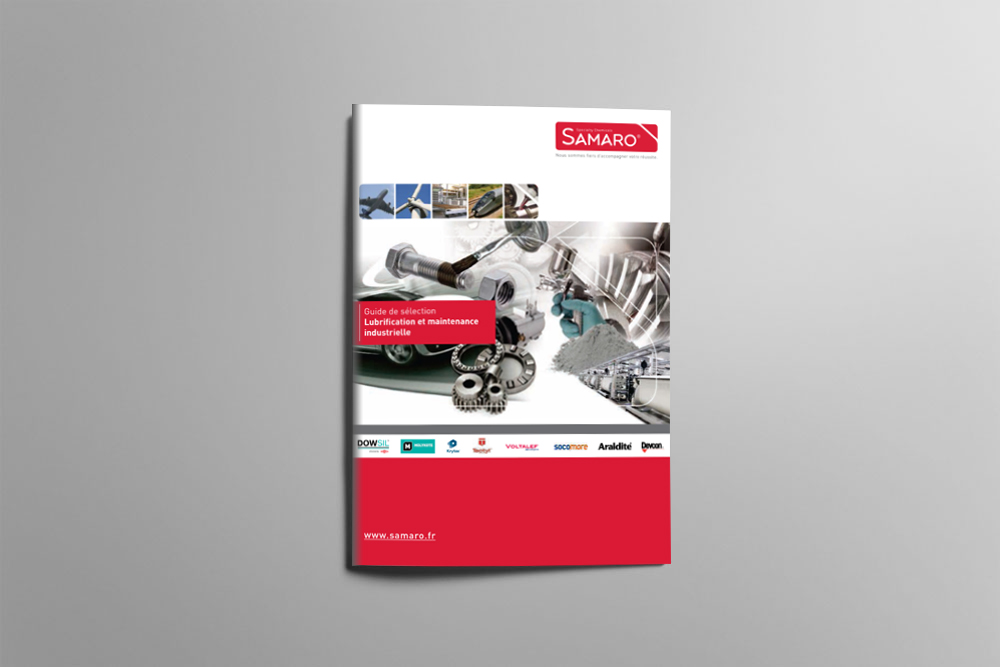MOLYKOTE® P-37 anti-seize paste reduces failures / thread breakage

MOLYKOTE® specialty lubricant improves the reliability of steerable rotary drilling equipment
Customer :
Noble Drilling Corporation has experienced unacceptable failure rates in the stainless steel threaded connections of its rotary steerable drilling equipment.
Whenever defective drilling sections had to be removed for repair in a specialist machine shop, the company incurred additional costs for labour, shipping and reloading of the damaged threads, suffered production stoppages and also lost critical sections for up to a week.
Each stainless steel section of Noble’s steerable rotary drilling systems is secured by 114mm or 168mm API threaded connections. These critical connections are tightened to standard torques of 43,400 and 84,400 Nm (32,000 and 62,000 lb-ft) respectively.
Challenge
Prevent cold welding, seizure and failure of stainless steel threaded connections tightened at extremely high torque levels.
Identify the cause of the problem
As Noble Drilling prepared to market its latest generation of steerable rotary drilling systems, one of its design teams worked with MOLYKOTE® lubricant specialists to identify possible causes of thread damage and connection failures.
At the time, high torque connections were made using a traditional anti-seize paste, which made it easier to assemble many other threaded connections. But this paste was apparently compressed under extremely high clamping forces.
The problem appeared to be concentrated in the traditional anti-seize paste containing various metal-based lubricating solids, including chromium, copper, nickel and molybdenum. Stainless steel also contains molybdenum, chromium and nickel. These do not react well with oxygen, so that only very thin layers of metal oxide have formed in threaded connections. Once the oxide layer is damaged by abrasion – for example during tightening – abrasive particles accumulate and the stainless steel seizes under extreme pressure. The resulting clogged threads then prevent easy disassembly of the connections, and this has been identified as the main cause of bolt failures.
Another cause is that many common anti-seize pastes contain compounds based on sulphur, phosphorus, zinc and lead. These can cause stress corrosion cracking and thread embrittlement. Both of these conditions can lead to cracks within the diameter limits of metal bolts and screw threads that propagate until bolt failure occurs. According to Noble, its bolt failure rate has been as high as 25%.
Solution
Replace a traditional anti-seize paste – which was pressed out of high-torque connections and caused thread breaks – with an ultra-pure, metal-free, more durable solid lubricant.
Features and Benefits MOLYKOTE® P-37 Anti-Seize Paste :
- Compatible with high temperatures (1,400°C)
- Excellent load capacity and seizure protection
- Sulphur content of less than 250 ppm, with total halogen (including chlorine) of less than 200 ppm
- Low infiltration, so it can be used in places where cleanliness is required
- Allows easy removal of screws, even after a long period of use at high temperatures
- Does not include components that become brittle at high temperatures.
Specifications
- Meets the technical requirements of Siemens TLV 9600 02/01
- Meets the technical requirements of the General Electric TIL 1117-3RI standard.
- Meets EDF-PMUC technical requirements
- Meets the technical requirements of Pratt & Whitney PWA-36246
More Information :
Need more information about MOLYKOTE® P-37 Anti-Seize Paste or the range of Molykote® pastes ?
Contact our technical department at +33 426 680 680 or fill in our contact form.
You can also download our selection guides dedicated to special lubricants :
